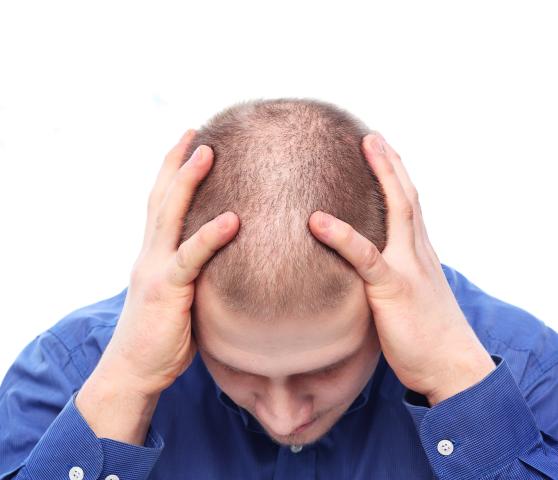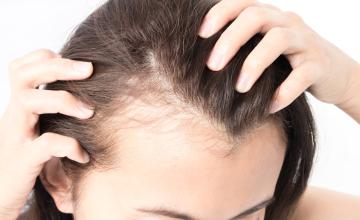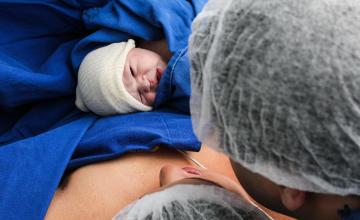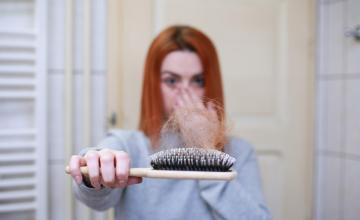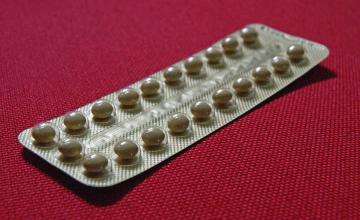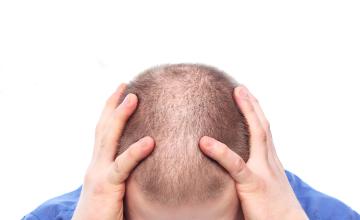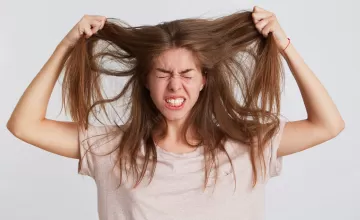We know that and rogenetic alopecia or male pattern baldness is by far the most common cause of hair loss, accounting for 95% of hair loss in men and women. But there are a variety of other causes for hair loss in men and women. These include disease, aging, improper hair care, poor nutrition, and stress.
Disease and Illness
It's a proven fact that medical conditions, as well as treatments and procedures, may lead to hair loss. Many people have experienced sudden and large amounts of hair loss about 3 or 4 months after an illness or a major surgery. Fortunately, this hair loss is usually temporary, and is related to the stress of the illness.
Hair loss may also signal a previously hidden disease,including lupus, thyroid disease or diabetes. Because hair loss may be an early sign, it's a good idea to identify the problem and begin treating it at this time.
Psychological disorders such as Trichotillomaniamay be responsible for self-inflicted hair loss Men and women suffering from this condition pull their own hair out by the roots.
Hair loss may stem from taking certain medicines, but this normally stops once the medication is no longer taken.
Hormonal Changes
Another cause of medical hair loss is hormonal problems. Essentially, having an overactive or under active thyroid gland may cause your hair to fall out. Treating the thyroid disease will usually help this hair loss. Hormones can also cause hair loss if male hormones (androgens), or female hormones (estrogens), are out of balance. However, if the hormone imbalance is corrected, the hair loss should stop.
Aging
Did you know that 40% of men have noticeable hair loss by age 35, and 65% by age 60?
Aging is one of the factors necessary for and rogenetic alopecia to occur, along with a genetic predisposition and the presence of hair loss-inducing hormones. Hair loss is dependent on exposing the vulnerable hair follicles to the proper hormones over time.
Improper Hair Care
Isn't it frustrating to see people with thick, full heads of hair treat it so badly? Dyes, bleaching, pigtails -- it all takes its toll on hair.
The chemicals used for dying, tinting, bleaching, straightening or any other hair-altering procedures can lead to hair becoming strained or damaged. Eventually, this hair may even break off.
But it's not any better in the hair salon, as excessive styling that pulls the hair too tightly may also lead to a type of hair loss, called "traction alopecia." As long as this pulling is stopped before the scalp scars, the hair will grow back normally. But be warned, scarring can cause permanent hair loss.
It's also not a good idea to subject your hair to hot oil treatments or the chemicals used in permanents. These may cause inflammation of the hair follicle. This too, may lead to scarring and hair loss.
Improper Nutrition
Researchers have found that some hair loss may be due to insufficient protein or iron in your diet, as well as malnutrition, in general. As effective as "miracle" or "fad" diets sound, they may cause damage. Vitamin deficiencies, as well as certain illnesses related to eating, such as bowel disease or eating disorders, can also cause poor nutrition. These may all cause hair loss.
Stress
Stress can be harmful to the entire body, and the hair on our heads is no exception. Regardless of the cause - illness, a traumatic experience, nutritional deficiency - our rate of hair loss may increase.
However, it should be noted that stress-induced hair loss is not a cause of male-pattern baldness. Rather, this type of balding is known as "telogen effluvium." Telogen effluvium is caused when the body senses a problem and diverts its energies there. This results in hair being shed, although it's usually reversible.
Stress affects the hair of men and women differently. It's been foundthat women's hair is more sensitive to stress' effects than men's hair. One possibility is that stress (along with DHT and other things) may facilitate hair loss for women who are genetically predisposed towards it While the cause of genetic female hair lossis a bit of a mystery, women experiencing hair loss are advised to consult a dermatologist or hair restoration specialist to determine its cause Many causes of thinning hair in females are non-genetic and hair loss is often reversible by treating whatever condition is promoting it.
